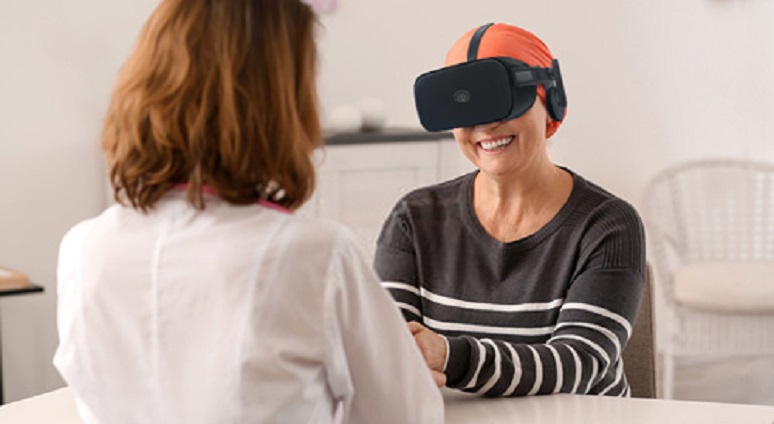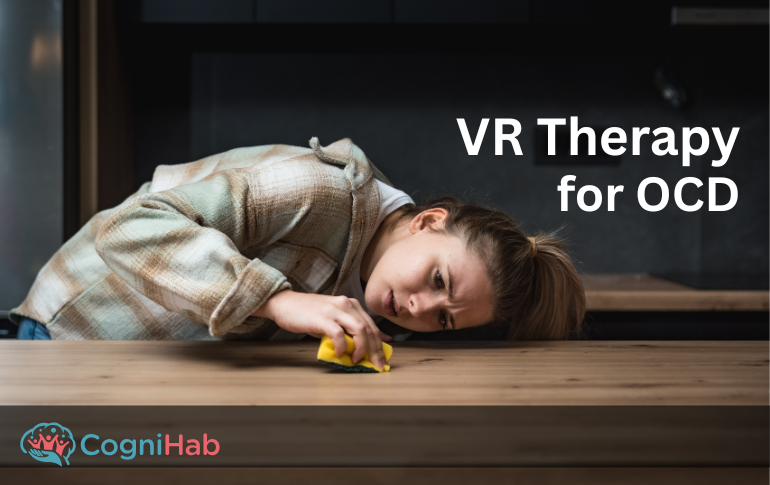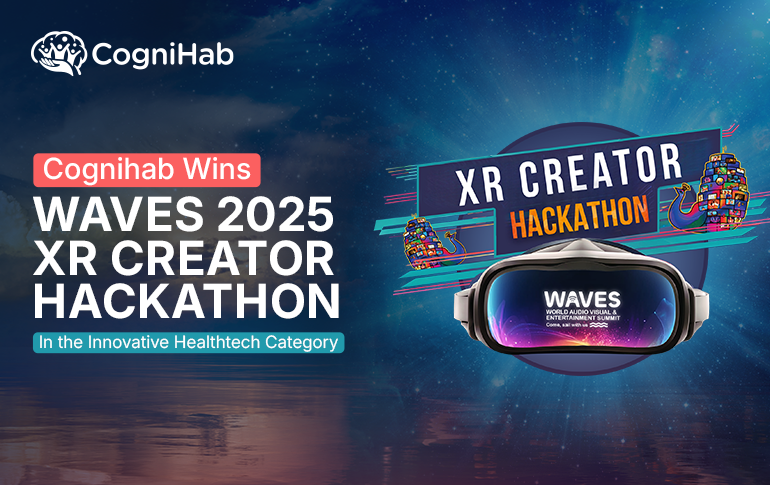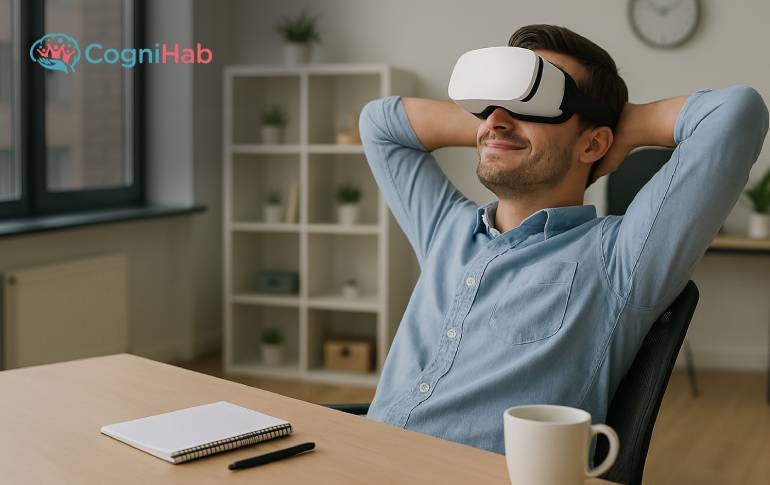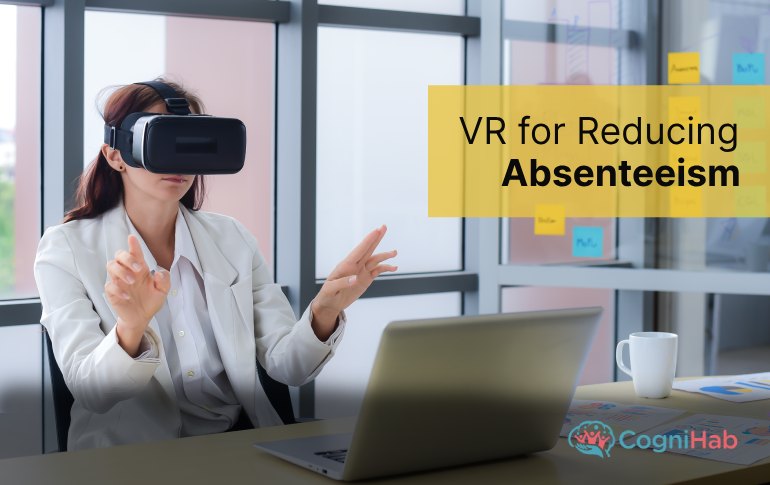Role of Virtual Reality in Supporting Cancer Patients
When one hears of cancer treatment few things that come to the mind are chemotherapy, radiotherapy, weight gain, hair loss, and many such side effects.
Although there have been significant enhancements in the medical world these post-chemo symptoms still persist.
Researches and scholars around the globe have been trying to find ways to support cancer patients in combatting these side effects & in being positive during their fight with cancer.
Some researchers have used the concept called music therapy to relaxing cancer patients wherein music is used as a relaxation medium for patients.
Other such techniques include watching cartoons by kids during therapies, playing cognitive games to distract the mind, etc.
Although slightly effective most of these technological interventions have not been able to live up to the expectation because of their very nature of being non-immersive and non-constant during the long fights of patients with cancer.
Over the last decade or so, in pursuit of finding alternate interventions to help cancer patients, the researchers tried their hand on an immersive technological intervention capable of distracting the patients from the realities of their life and that’s when the world realized the power of Virtual Reality in positively impacting the lives of the cancer patients.
There are many ways in which VR is found to help cancer patients, some of the most common ways are by familiarizing the cancer patients with the chemotherapy treatment procedure.
Relaxing the cancer patients through immersive mindful journeys. Providing a gamified medium for post-surgical exercises and providing engaging immersive content to keep the patients involved and motivated. Let’s look at each of them one by one.
Treatment Awareness
Cancer is a complex disease and even more complex is its treatment and with this complexity comes fear and fear leads to anxiety.
In order to prevent cancer patients from anxiety, it becomes very critical to make them aware of their disease, the treatment process, and how the treatment will help them get over this disease.
Since VR offers an immersive experience it becomes extremely simple for cancer patients to technically understand their disease, the need for the prescribed treatment, and the impact of the treatment on the disease.
Relaxation
No matter how positive the patient maybe but the time just before the chemotherapy treatment, during the chemotherapy, and just at the end of the session is considered to be of highest anxiety.
Providing VR-based interventions during this time has been shown to help in anxiety reduction significantly while keeping the patients motivated to complete the therapy.
The results have shown that Virtual Reality based mindful journeys were able to do mood upliftment of the patients in just 8 minutes of the trial.
VR Based Gamified Post-Surgical Exercises
One of the gifts of Virtual Reality is its ability to be 100% immersive and experiential. This quality when combined with customized and controlled gamified tasks helps patients to exercise their affected parts.
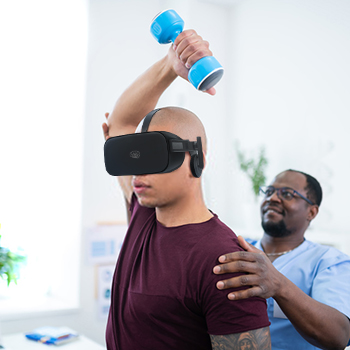
Since the tasks are gamified and performed under immersion the user is able to increase the repetitions, forget the pain, perform the exercise from the comfort of their home, and under 100% remote monitoring of the experts.
Related post: How VR is Transforming Cancer Studies
Engagement
While there are existing mediums of entertainment that can be used to keep the user engaged but when the user is worried and is in pain it becomes very difficult for any non-immersive medium to keep the user engaged.
VR-based engaging games, short movies, and out-of-the-world experiences have been found to be successful in engaging the patients.
While there has been great progress in using VR for cancer patients in the last decade or so, the players providing high-quality and clinically tested content remain very few. One such organization supporting cancer patients in their path to recovery is Cognihab, based out of Gurugram, India.
They provide pre/during/post-chemo relaxation journeys, post-surgical gamified exercises, treatment awareness modules, and many more things to help patients get well faster.


